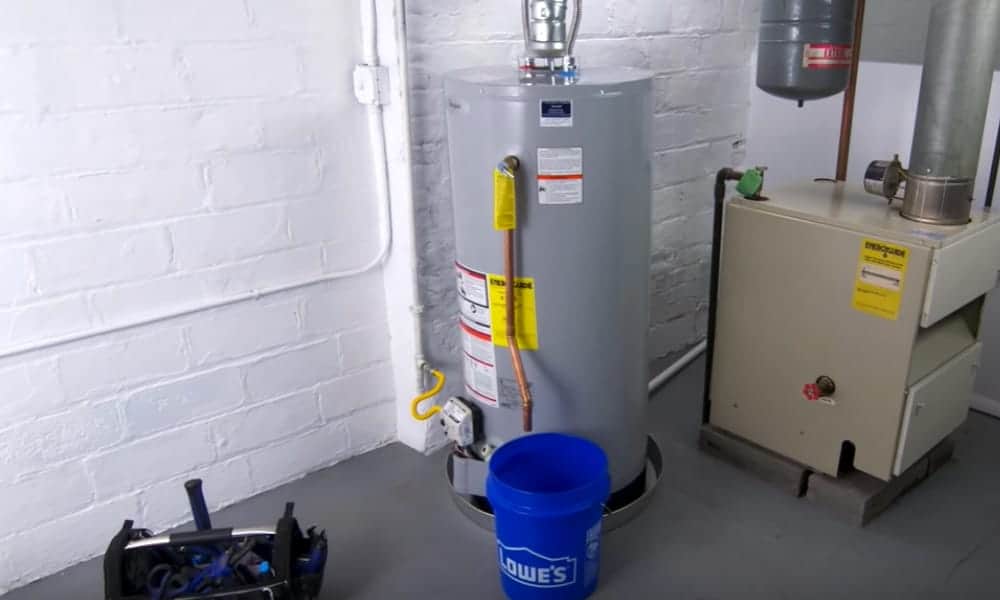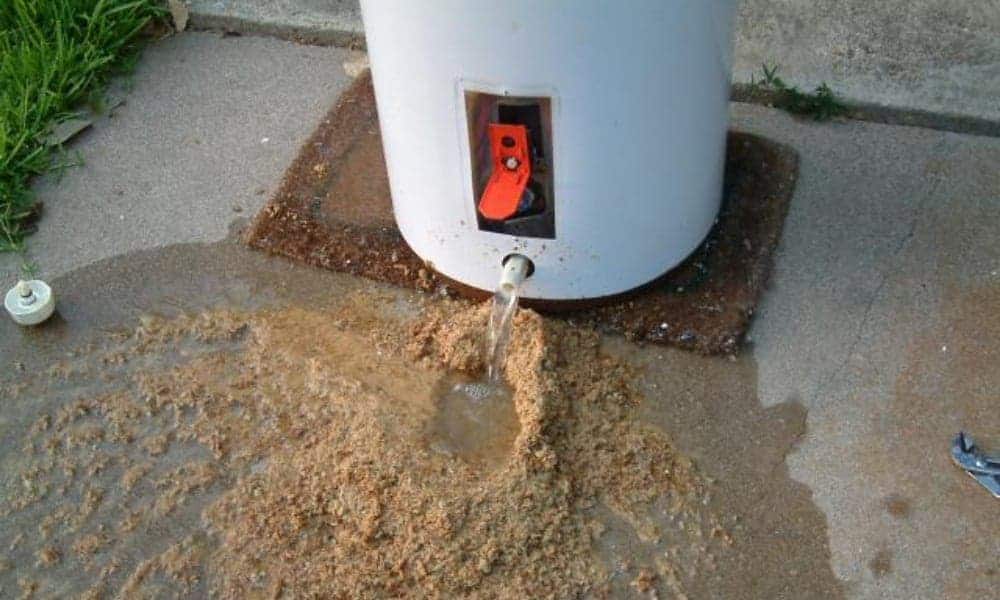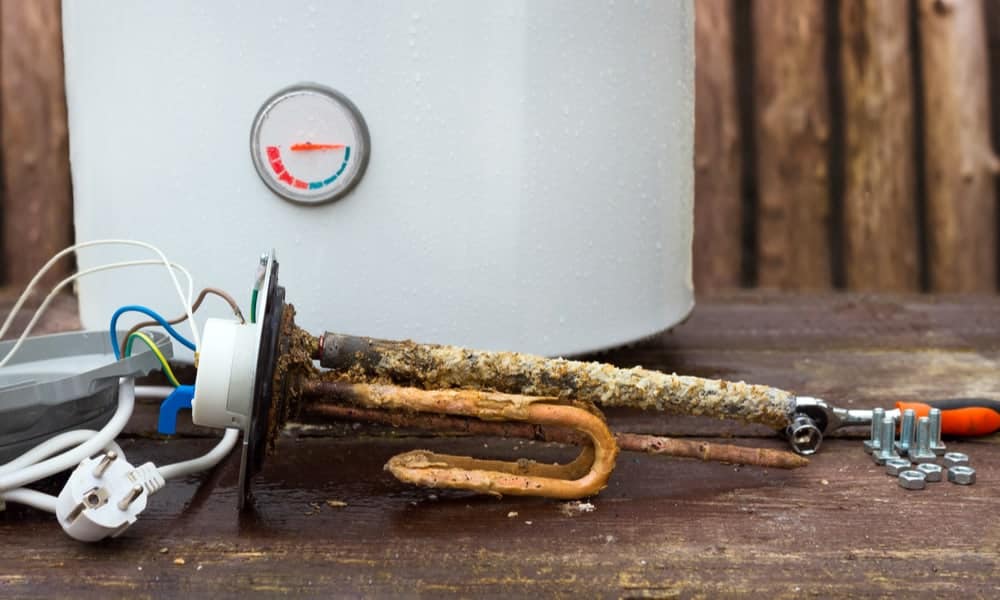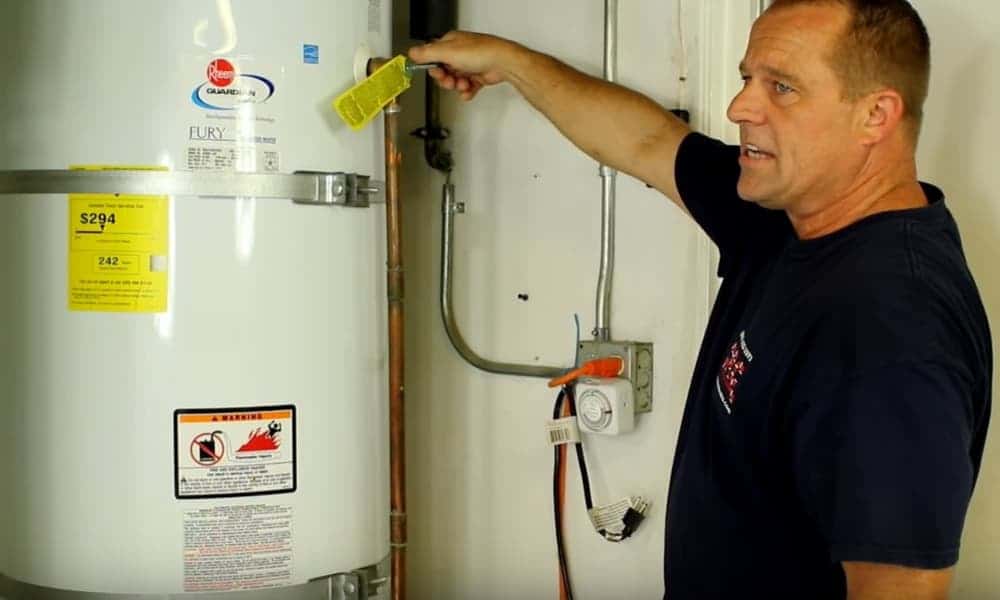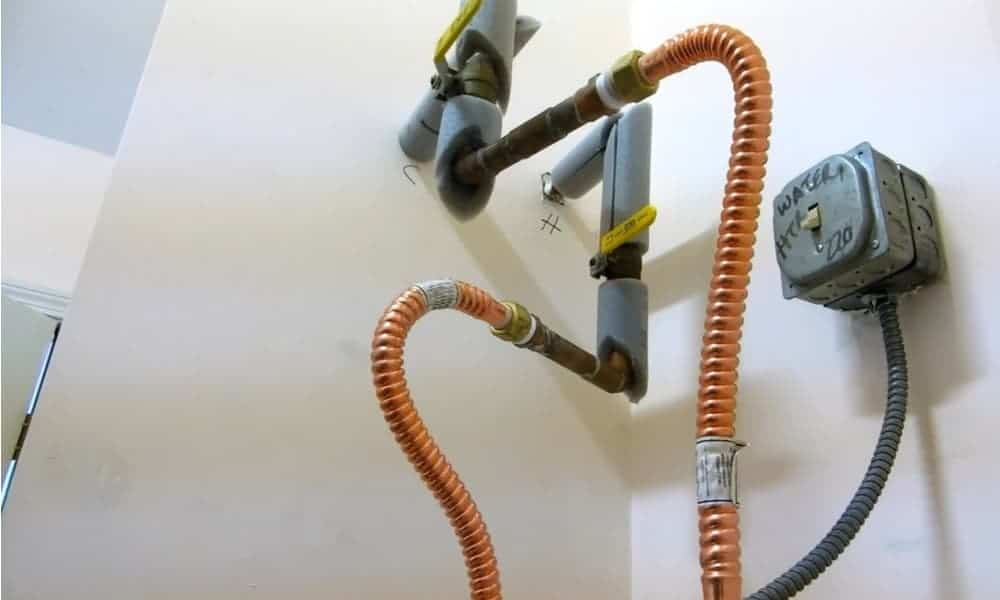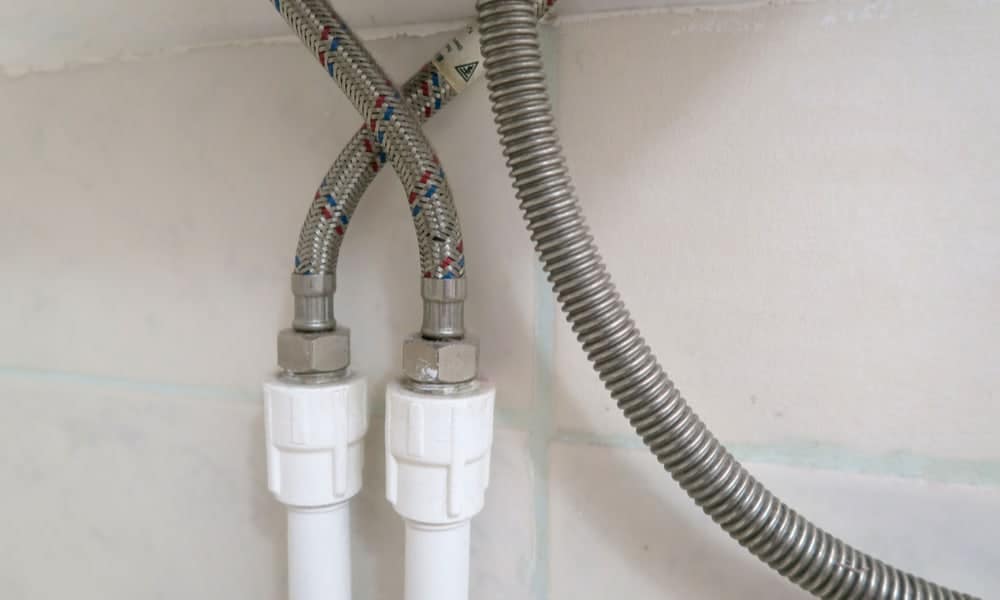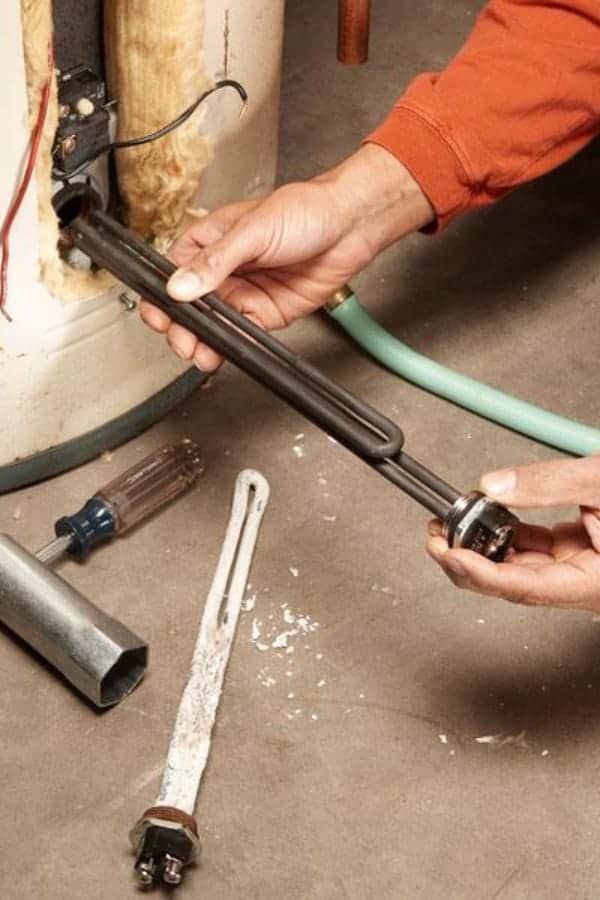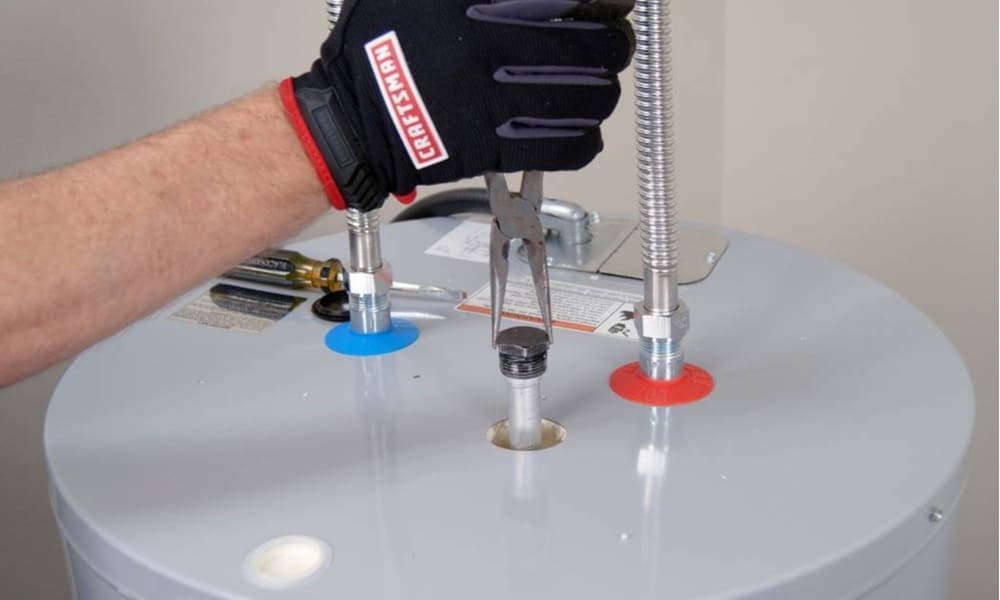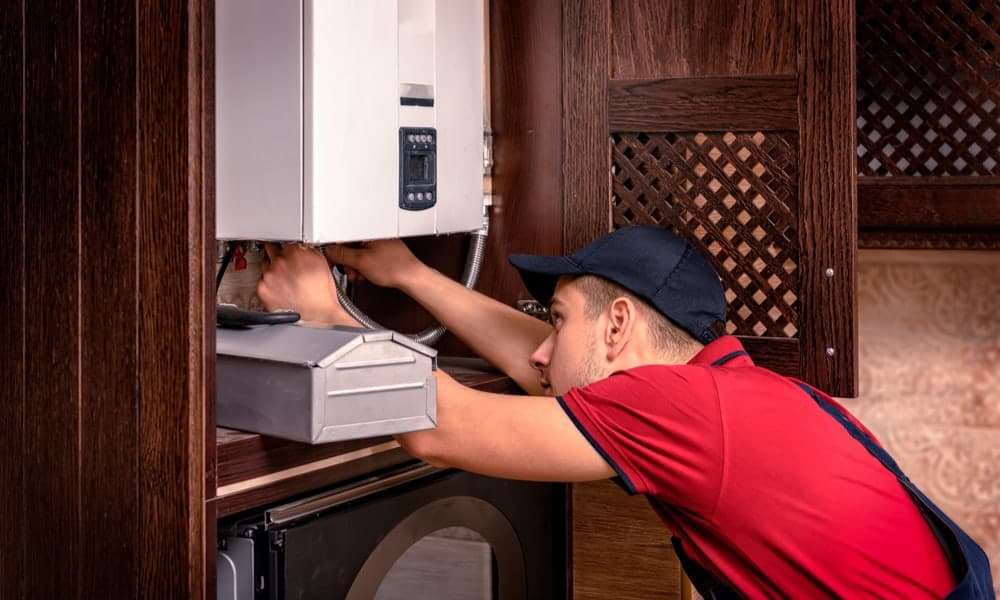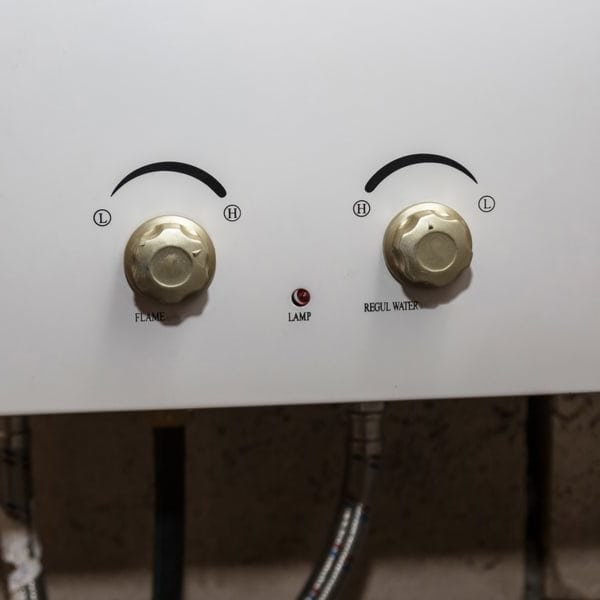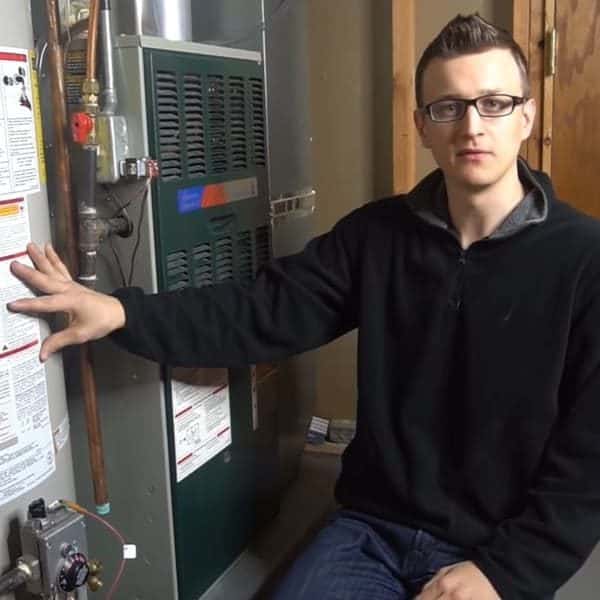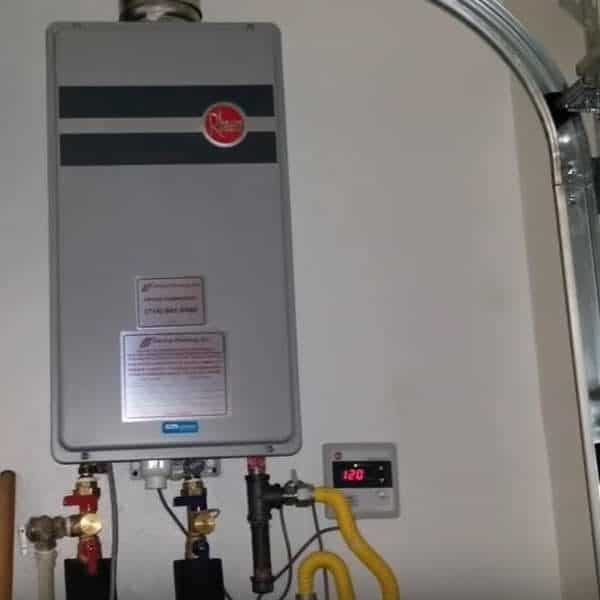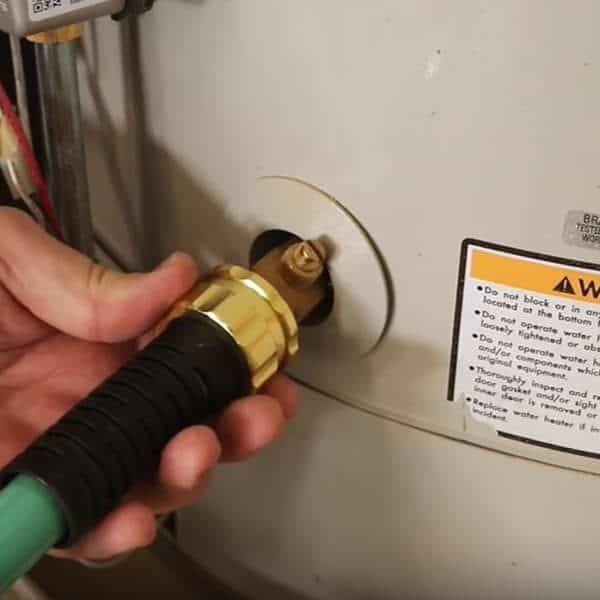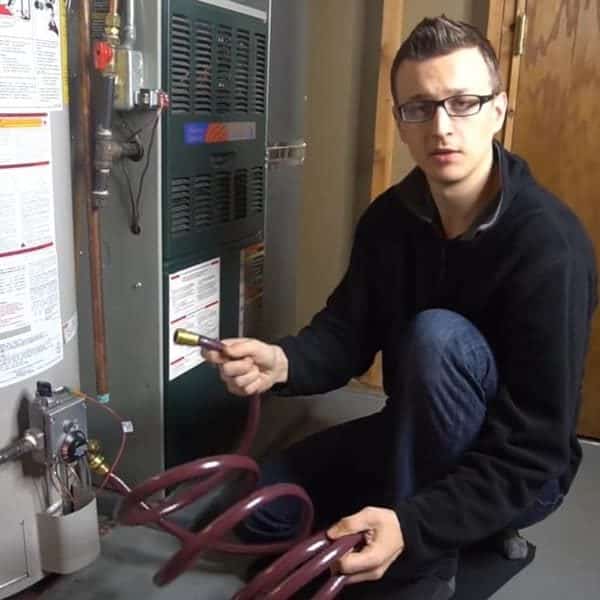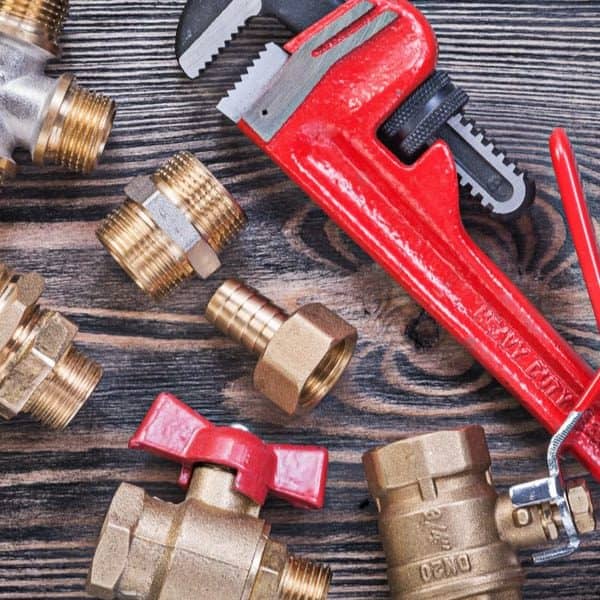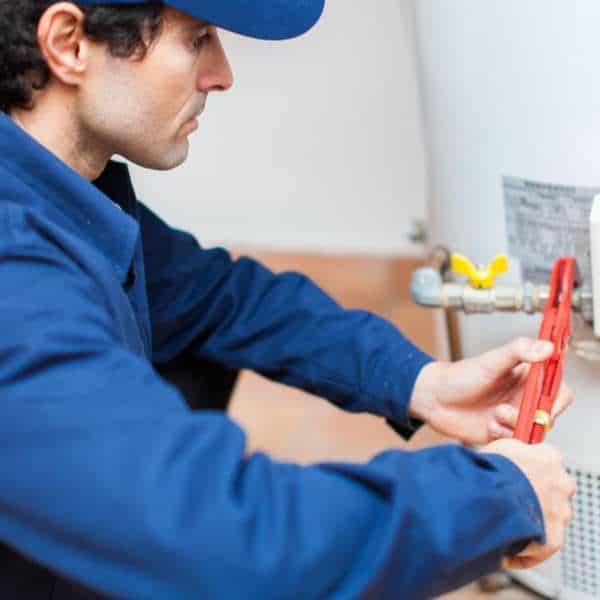“Why is water heater making noise” comes as a common question asked by homeowners. These noises can be a hum, pop, or rumble. It might even sound like a crack or even a light sizzle. But, using a noisy heater can turn your shower time into a nightmare.
So what causes this problem? Well, some of the sounds might point to a problem. As a result, you will need to find the cause to prevent further issues with the device. This task can be frustrating.
You can use this guide to find the reasons for your noisy water heater. So before spending hours looking for a “Reasons Why Your Water Heater Making Noise” article, here are the possible causes and the sounds you will hear.
Top Reasons for a Noisy Water Heater
Here are seven probable causes of that noise from your water heater.
- Tank Containing Sediment & Mineral Deposits
- Poor water flow
- Frequent Changes in Water Pressure
- Leaky and condensed tanks
- Source of the water supply
- The condition of the heating element
Tank Containing Sediment & Mineral Deposits
1. Sediment Buildup
If the storage tank on your water heater comes with debris, it will hold water at the position of its burner. Here, when the unit makes heated water, it makes the same noise as a coffee maker. This noise happens because the water bubbles as it passes the sediment layer.
If you want to understand this problem, imagine preparing water in a covered pot. As soon as the water becomes heated, it bubbles and moves the lid.
The heater will not cause an explosion in your home. But, the debris can make the tank overheat. After some time, this leads to a weaker water heater tank.
Finally, the tank will have leaks that can cause problems in your home. It can even make the container to burst. If you have any of these issues, you might need to spend thousands of dollars on repairs in your building.
So how can you avoid the buildup of dirt in your tank? You will need to flush your water heater as often as possible. If you postpone this task for an extended period, the amount of residue might make flushing impossible to carry out.
2. Accumulation of Mineral Deposits
If you stay in a place that has hard water, your heater tank will have a buildup of mineral deposits. Here, as water moves to your home, it traps various materials such as magnesium and calcium carbonate. Luckily, these materials cannot harm your health.
3. Popping
After years of use, you will have a buildup of residue in your tank, which leads to popping sounds. This means you will need to clean out your tank as much as possible to remove limescale buildup.
Residue comes in various forms and this solid particle stays at the bottom of the tank. It can be sand, tiny stones, and other particles. It can also be minerals which forms limescale on the interior walls of the heater.
4. Rumbling
When the heater makes hot water, the liquid expands and passes through the debris. When this happens, you will notice a rumbling sound, especially when the water moves through the dirt.
If you can notice a rumbling in the tank, this means that you might have a large amount of dirt in the heater. Even if it’s not harmful, it shows that your heater will not perform well.
To avoid this issue, ensure you take out the dirt in the tank. If you leave the residue, it can damage your heater, which can lead to extra costs in repairs or replacements.
5. Crackling, Sizzling, Hissing, or Popping
Do you hear any cracks, sizzles, hisses, or pops, particularly when you turn on an electric water heater? Then debris has covered the tank’s components that boil water.
At this moment, ensure that you empty the tank and remove the debris on the heating element. To do this, take out the item from the heater, soak, and clean in a dish filled with vinegar. Remember to use a wire brush for the cleanup.
But if the sediment blocks the drain valve, it might be impossible to remove the water in the storage tank. So you will have to buy a new water heater. If you do not have any immediate plans to get a new unit, you can use the heater until it starts to leak.
To identify a leaky tank, you should use a leak detector designed for water heaters. When it finds a leak, it lets out an alarm. Easy to use and affordable, these items detect leaks within a few minutes.
Poor Water Flow
6. Sizzling
If you hear a sizzling sound from your heater, this means that water does not flow into its tank with ease. You can trace this problem to some valves in the unit.
Head to the temperature and pressure relief valve. This device releases water from the storage tank, especially when it has excess pressure. If you hear a sizzling sound from this item, switch off the power and water supply. Next, ring up your local plumber to perform some repairs.
You can also look at the valve that controls the flow of water into the tank. Ensure you have opened valves.
I also recommend that you go over other lines for bends. You should also look for closed valves that you should open.
Frequent Changes in Water Pressure
Different pressure levels in your plumbing can also result in noisy heaters.
7. The Pipes in Your Building
Apart from water heaters, the pipes in your building can produce annoying noises. When warm and cold water passes through the pipes, they change the diameter of the tube.
When the pipes grow in size, they hit the wooden frames and delicate straps, which results in a ticking sound. Trace the sound to its loudest point. When you have found it, tighten the pipe. You can also use spacers to lock it in position.
You can also stop the noise by decreasing the pressure on the water heater. Reduce the temperature on the unit to perform this task.
8. Ticking
If your piping has constant changes in pressure, it will create a ticking sound. Usually, a water heater has nipples that connect it to the pipes. These nipples come with features for storing heat and making your heater work better.
If the ticking comes from this item, you have to swap for a model without a heat trap.
Leaks & Condensation
9. Leaky Water Heater
As mentioned earlier on our “Reasons Why Your Water Heater Making Noise”, you should know the leaks in heaters can also cause noises. If your unit has this problem, it will make a sizzling sound, particularly when you turn off the burner. To handle this issue, seek the services of your local plumber.
If you cannot detect a leaky heater, look for the spot with a puddle.
10. Sizzling
What if you use a gas water heater with sizzling sounds? Then condensation stands as a possible cause.
When the water droplets form in the tank, it can land on the unit’s burner. If the heater becomes heated, it will sizzle as soon as the water touches it.
Faulty Heating Element
11. Humming
Some water heaters make humming noises. They also have a heating element on the top and bottom part of the heater. When cold water enters the tank and moves around the unit, the top part will shake and make the sound.
The hum can frustrate anyone, but it cannot wreck the heater or its components. Fix this problem by making the heating element tighter.
Source of the Water Supply
The following sounds relate to the condition of the water itself. They include:
12. Popping
If your heater contains aluminum anode rods, it will react with water that has a high ph level. Such a reaction occurs in homes that use chlorinated water.
When the chemicals combine, a gel covers the bottom of the tank and rod. You will have to remove this residue and change the existing anode to a model made with magnesium.
Other Noises
13. Tankless Water Heater Noise
Apart from regular heaters, other models can also make annoying noises. For instance, an electric tankless water heater has its unique sound. Even a tankless gas water heater can have the same issue.
If you notice a clicking sound, this means that the flow switch comes on and off (completely normal). If you hear more noise, check for debris from hard water. You can soften the water with a dedicated device.
Other reasons for noises in tankless water heaters include a filthy fan, leaks, and burner. But they don’t create much noise as a storage type unit.
How Can You Solve This Problem?
Solving this issue demands extra effort and skill. So you will need to seek the services of a professional plumber for a perfect solution. If you postpone the fix, you will end up with excess energy and water bills.
Wrap Up
An “electric water heater making noise” problem happens in many homes. Apart from this model, other types of heaters also have this issue.
A water heater making bubbling noise can be traced to debris. For a water heater making noises like water running, then you will have to check for leaks. If you are looking for the source for a “water heater making noise humming“ problem, you will need to check the heating element.
In a tankless water heater, several reasons can create noise. These include dirty parts and weak systems.
To stop the sounds, flush out your unit or replace the parts or tank. You might also have to contact your plumber.
If you have any questions or comments, you can place them in the comment box below.
